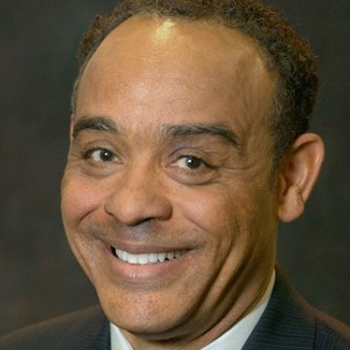Using actual intelligence versus the Orgy of Everything

By John Grace
Contributing Columnist
Could it be déjà vu all over again?
In “Memoirs of Herbert Hoover: The Great Depression” (1952), the former president — denied reelection but never short on excuses — reflected, “To be sure, we were due for some economic readjustment as a result of the orgy of stock speculation in 1928–1929.”
Fast-forward to 2025, and it feels like we’re living through the Orgy of Everything. Stocks, homes, gold and crypto have all gone vertical. No matter where you threw a dart, you hit a winner. Everyone’s a genius — until they’re not.
The problem? When everything goes up together, everything tends to go down together, too.
Instead of staying high on hopium, investors would be wise to ask: how low could we go — and how can we avoid being kicked in the assets when the party ends?
Even Jamie Dimon, CEO of JPMorgan Chase, sounded the alarm on his third quarter earnings call, saying, “When you see one cockroach, there are probably more.”
He was referring to a company that borrowed over $10 billion before collapsing. That’s not exactly comforting.
If there’s one roach in the financial kitchen, odds are there’s a whole colony hiding behind the shiny numbers. Consumer late payments this year reveal rising delinquencies in auto loans, student loans and a significant increase in FHA and VA loans.
Meanwhile, Bank of America’s Savita Subramanian — once among Wall Street’s loudest bulls — is quietly shifting tone. “Risks are mounting,” she warns, and “the valuation floor for the S&P 500 is likely lower than today’s levels.”
Translation: The market could fall harder than most investors are prepared for.
And then there’s economist Harry Dent, never one to whisper doom. He points to the eerie parallels between now and the 1920s: a massive generational boom, fueled by easy credit, speculation and overconfidence.
His outlook? “A major crash is overdue, and late 2025 is a good time for it to start.”
He expects stocks could fall 80% and real estate 50–60%. That might sound apocalyptic — until you remember that’s about what happened the last time everyone thought the good times would never end.
Dent even notes that Bitcoin — his leading indicator — peaked above $125,000 in early October before falling 12% in a week. History doesn’t repeat, but it rhymes — and this verse sounds familiar.
So where does that leave investors who are retired or taking required minimum distributions? For them, “riding it out” is a luxury they can’t afford. Losses during withdrawals can permanently shrink their nest eggs.
That’s where alternative investments and active management come in. Unlike passive index funds chained to the fate of the S&P 500, active managers can shift gears — raising cash, reallocating to defensive assets, or adding strategies that don’t sink when the market does.
Alternative investments — private credit, international funds, tactical real estate, and even specific AI-driven portfolios — have shown real results in limiting loss and smoothing volatility in 2008, 2022, and the first quarter of 2025.
Actual intelligence — human and technological — is proving it can protect investors from the excesses of the Orgy of Everything. Because this time, surviving the hangover will take more than aspirin. It will require awareness, adaptability, and the courage to say, “Enough partying — time to protect what I’ve earned.”
John Grace is a registered representative with LPL Financial. His On the Money column runs monthly in The Wave. The opinions expressed here are for general information only and are not intended to provide specific advice or recommendations for any individual.
LIFTOUT
Harry Dent … points to the eerie parallels between now and the 1920s: a massive generational boom, fueled by easy credit, speculation and overconfidence.





